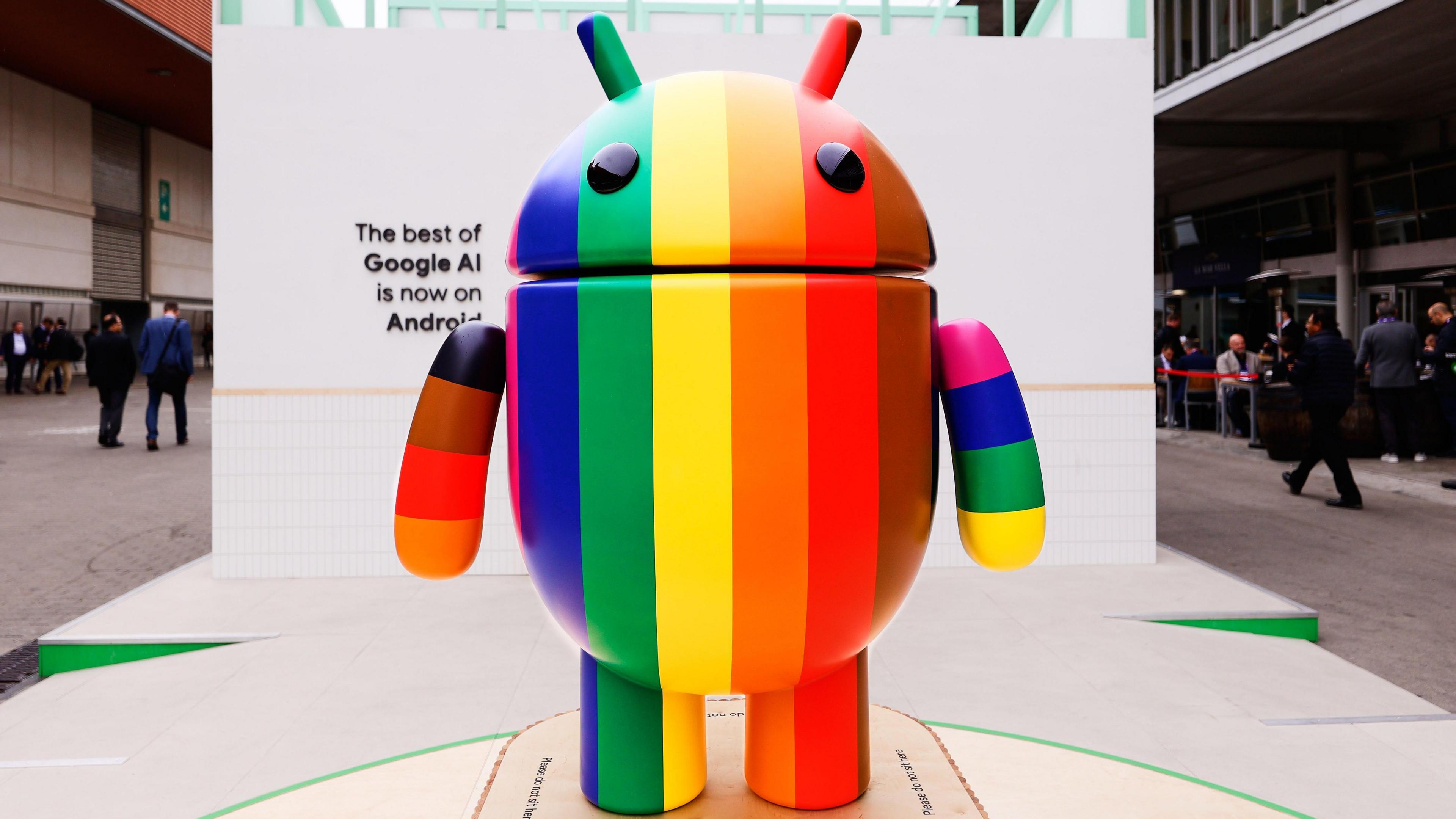
“I’ve been in hospitality since I was 15, and this is probably the quietest January I’ve ever experienced,” said Willow Gwynne-Williams, 23, a bar manager in Chelmsford. She believes the cost-of-living crisis is to blame for a drop in bookings at the William B, a pub in Hatfield Peverel where she works. “People just don’t have the money to go out,” she stated.
On TikTok, videos of empty pubs and restaurants are going viral, with staff posting under the hashtag “#januaryhospitality”. Some posts have gained tens of thousands of likes, showcasing how staff are creatively keeping busy, including perfecting latte art or polishing pint glasses. Willow says this quieter period means fewer shifts, especially for part-time staff, “because we just don’t have the numbers to justify having extra people on.” She also said, “The mood in January is a bit down.”
While a slump in trade in January is normal, there are fears that restaurants and pubs could remain quieter than usual throughout the year. The industry has warned that increases in employer national insurance contributions and the minimum wage, announced in the budget and due to come into force in April, will mean things will remain tough even after January. Kate Nicholls, chief executive of UK Hospitality, a trade body, said the government needs to “urgently rethink” these changes, or the public will face price increases of around 6-8%. She said the industry expects 80% of businesses to cut staff, with some potentially being forced to close.
Louise MacLean, chief executive of the Signature Group, which owns more than 20 pubs, restaurants and nightclubs in Scotland, told BBC’s Today program: “Everyone is having to scale back. We are very concerned about what’s going to happen on 1 April.” She added: “We have to pass on price increases to the consumer and make sure sales don’t drop… it’s a big gamble. But that’s exactly what we’re looking at. The whole picture for 2025 is concerning, and the phrase we’re using is ‘surviving ’25’.”
Sonia Johnson, owner of Mamars bakery in Warrington, said the minimum wage increase will make her biggest cost, staff wages, “pretty high”. In addition, she said her suppliers have already indicated they will be raising prices in the coming months. She said luxuries like her artisan cheese did not sell as well as expected over Christmas, as people tightened their purse strings, and she will have to raise prices to cover costs. Mohammed Saenwar, owner of The Farmhouse, a farm restaurant in Coventry, said the upcoming cost increases “will undoubtedly put pressure on profit margins,” and his menu prices will likely increase in order to survive. He said: “Honestly: we’re nervous. It’s worrying. I’ve never seen it like this in my 18 years in hospitality.” He also stated the government “is not helping itself – if they want to destroy the hospitality industry, they are going the right way about it.”
A government spokesperson said the government was “supporting” the hospitality industry by reducing alcohol duty on draught beer by 1p from February and providing a 40% business rates relief for some restaurants, pubs and bars from April. It added that small businesses will see a reduction or no change in national insurance contributions by “more than doubling the employment allowance”, which will reduce the national insurance contributions they pay for their employees. As well as empty tables, chalk boards and email offers offering big discounts, there are other signs of how eager venues are to get people through the doors.
Maria Vanifatova, of food service industry insight company Meaningful Vision, said the number of discounts has increased by 25% in 2024, and that the discounts are bigger. She said some food delivery services were even offering discounts of up to 35% this year. Despite this, according to a Deloitte survey of 3,000 people, consumers plan to spend less in hospitality in the first three months of 2025 than they did last year. Celine Fenech, head of consumer insights at Deloitte, added that any recovery in 2025 will depend on costs of essentials like food and energy falling. However, she added: “Beyond that, we should start to see more consumer spend on discretionary things like socialising and going out to pubs and restaurants,” and said the higher minimum wage should give people more spending power.




















